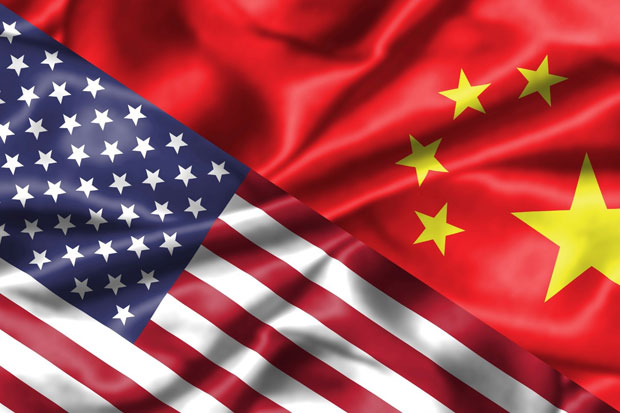The U.S. Court of International Trade says that roller bearings made in China and finished in Thailand by a Chinese manufacturer are not subject to an anti-dumping duty order because they do not qualify as Chinese goods.
Chief Judge Timothy C. Stanceu approved a revised remand redetermination issued by the International Trade Administration after rejecting an earlier version in a dispute over the 21st U.S. Department of Commerce administrative review of an anti-dumping duty order on tapered roller bearings and related parts imported from China between June 1, 2007, and May 31, 2008.
The CIT previously contested the final results of Commerce’s review and its original remand redetermination, challenging the agency’s findings that the finished products were not substantially transformed by the production in Thailand. Before reversing course, the Commerce Department initially concluded that the character of the bearings was determined during their manufacture in China, not during the finishing process in Thailand, according to court documents.
“The court affirms the second remand redetermination because it is based on a reasonable, rather than expansive, construction of the scope of the order and because the ultimate finding that the bearings at issue are not within the scope of the order is supported by substantial evidence on the administrative record,” Judge Stanceu said.
The dispute arose from two consolidated challenges to the January 2010 order — one from Ohio-based A class bearing producer. and the other from a Chinese competitor, which changed her name after a subsequent acquisition. The Chinese manufacturer American reseller contested the Commerce Department’s initial country of origin determination, saying the parts were not Chinese imports, court documents show.
Commerce had sought to classify the bearings as subject to the anti-dumping order, according to the metrics of its “substantial transformation” test. The agency relied on the test to determine whether the grinding and honing of unfinished, Chinese-origin parts and the assembly of finished products using those parts at an affiliate in Thailand constituted Thai provenance.
According to the recent opinion, the CIT sent the department back to the drawing board, and the agency filed the updated remand redetermination in April 2014, determining under protest that the bearings were not subject merchandise over objections from the ‘US based bearing manufacturer’. (source: law360)















